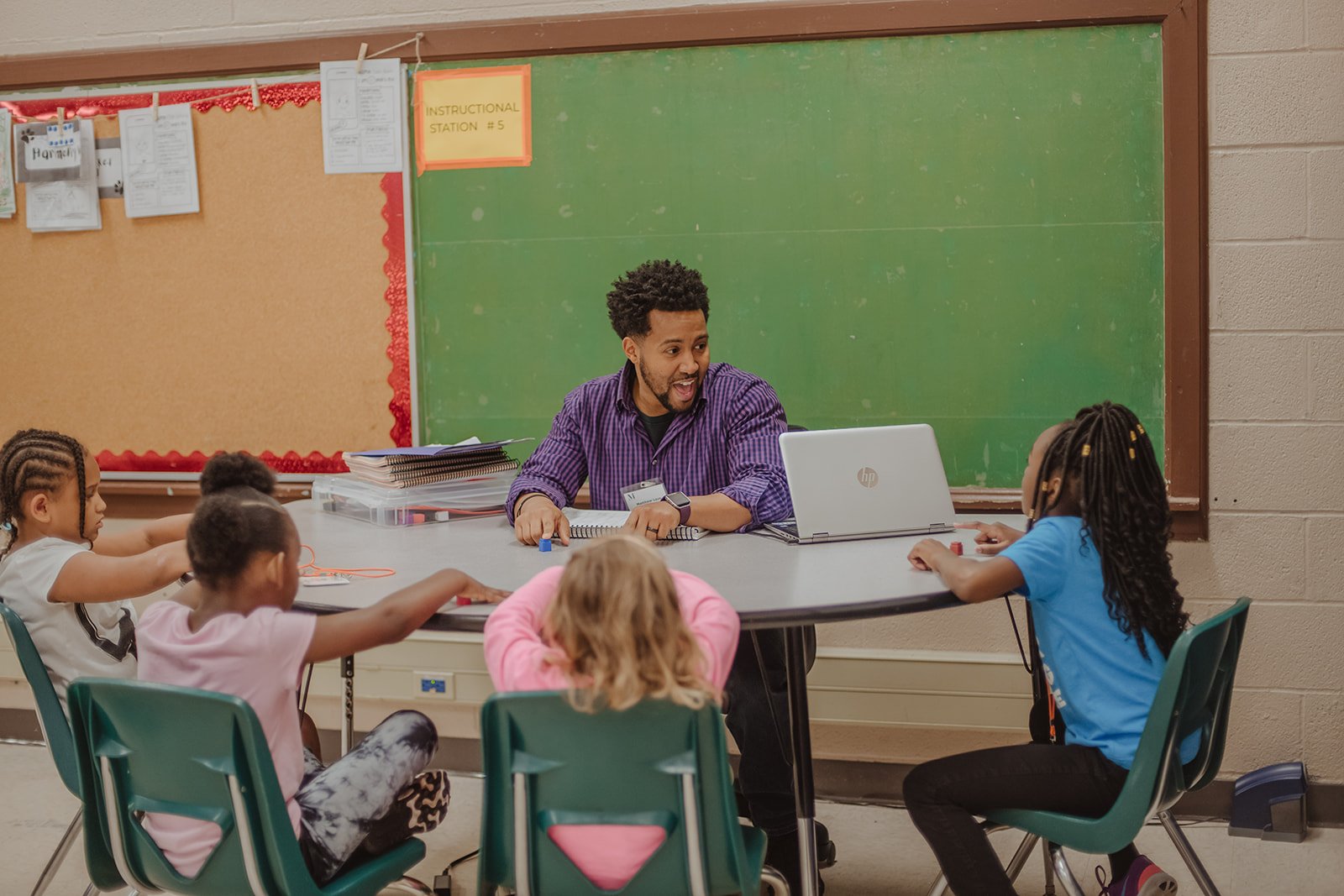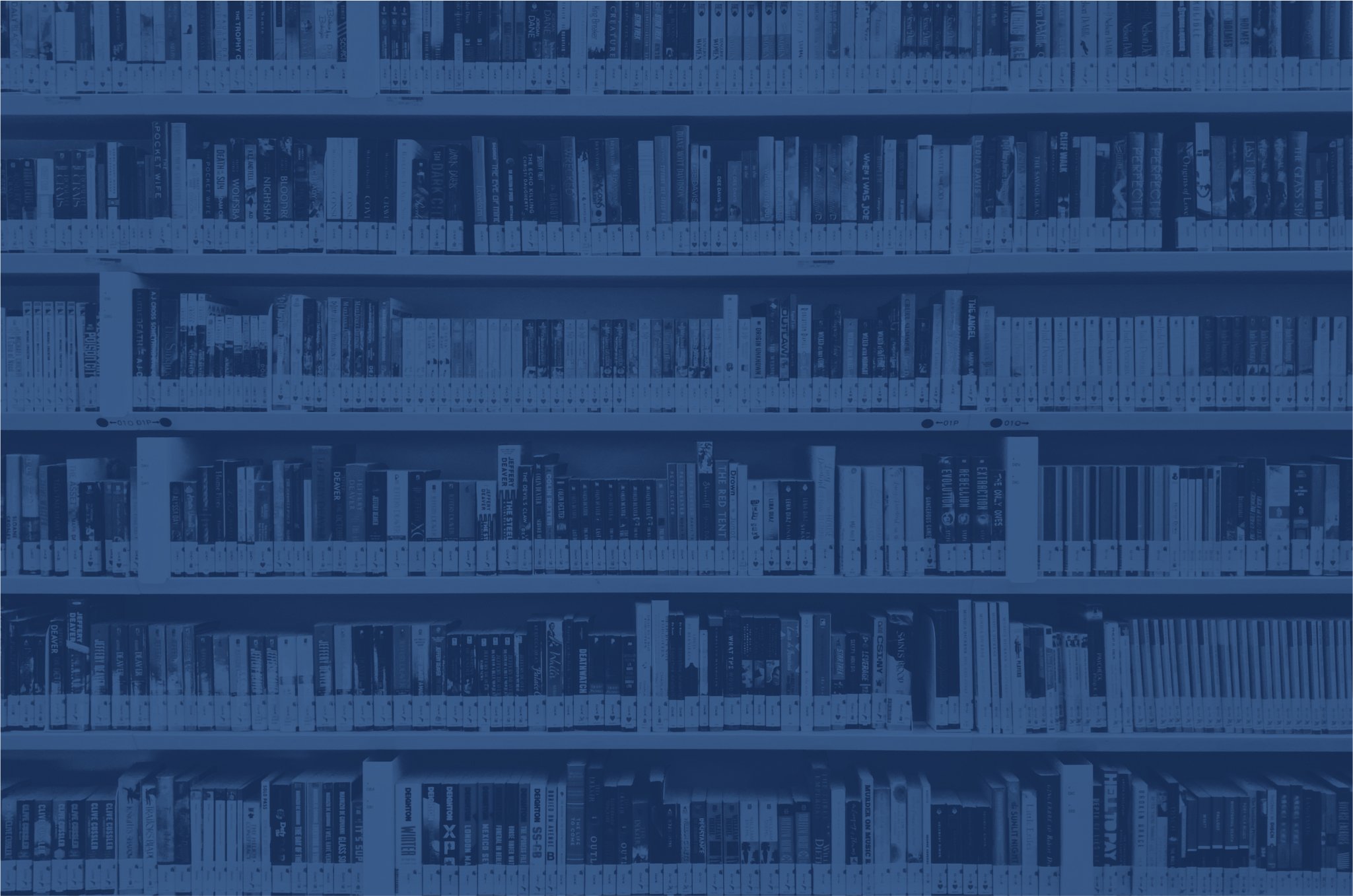
our approach
Literacy achievement through best practices in the Science of Reading
literacy belief statement
Reading is a human and civil right.
A complex process, reading depends upon the ability to decode and process language in order to develop reading comprehension and written expression. Quality language instruction fosters joy, knowledge, skill, and critical thinking.
Therefore, best practices in K-12 literacy instruction include:-

Phonics & phonemic awareness
Equipping students with knowledge of the alphabetic code through a structured literacy approach that specifically prioritizes systematic, explicit phonics and phonemic awareness instruction so that students can accurately encode and decode.
-

Comprehension of grade-level texts & vocabulary
Supporting students’ comprehension of complex, grade-level texts and vocabulary by providing students with the supports needed to deepen their understanding.
-

Fluent & independent readers
Providing regular practice so that students develop into fluent, independent readers as they increase their ability to autonomously command the code and meaning of language.
-

Writing in direct partnerships with reading
Teaching writing in direct partnership with reading so that the writing process serves as the culmination of language acquisition, becoming a powerful tool for personal and academic expression.
-

Diagnostic assessments
Designing strategic, individualized instruction informed by diagnostic assessments.
-

Text as windows & mirrors
Exposing students to a wide, diverse volume of texts that serve as both windows into the world around them and mirrors that reflect their own experiences and identities. ¹
Ultimately, robust learning experiences grounded in research-based practices allow all students to experience dignity, power, and freedom through literacy.
¹ Dr. Rudine Sims Bishop, “Windows and Mirrors: Children’s Books and Parallel Cultures”

“Education is clearly the number one priority for Shelby County government and its largest area of funding. One of our greatest challenges in education is to significantly improve reading proficiency outcomes of our city’s students. Therefore, I’m supportive of and encouraged to see the Memphis Literacy Conference become a high-quality community resource to promote research-based, best practices in literacy instruction for our city’s K-12 leaders and teachers.”
